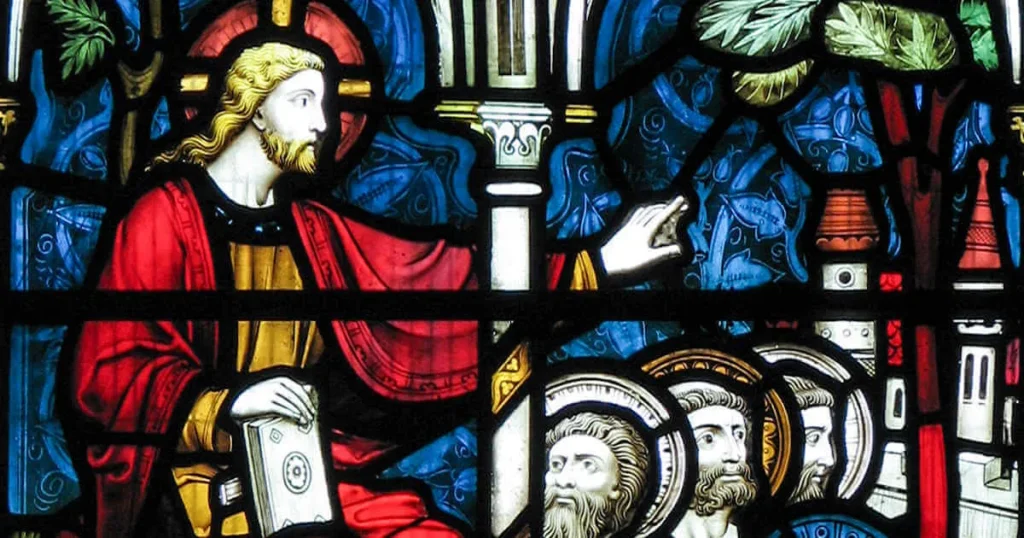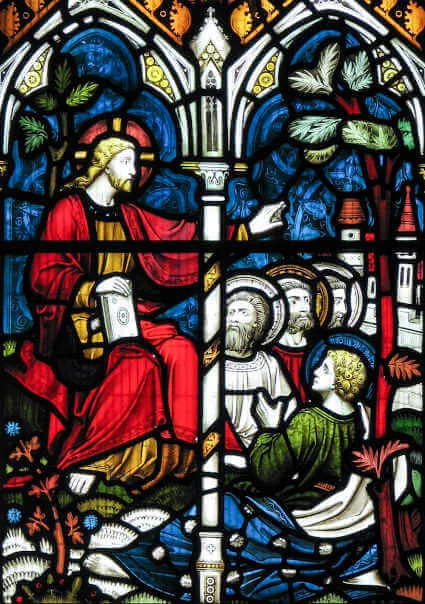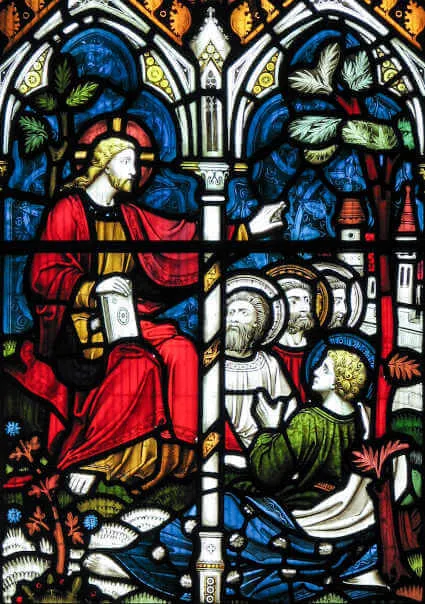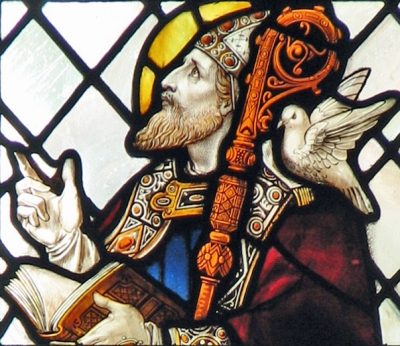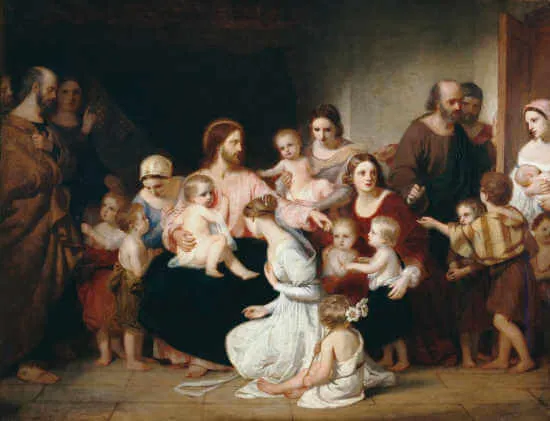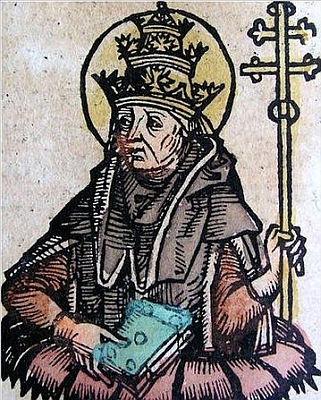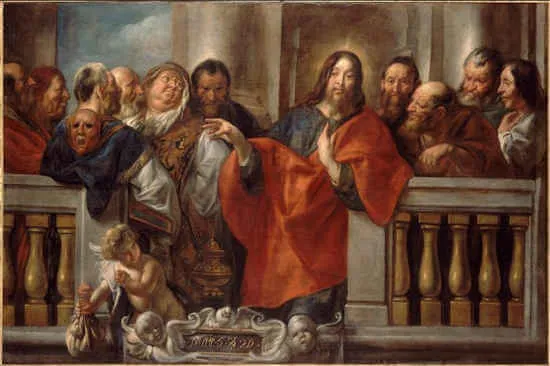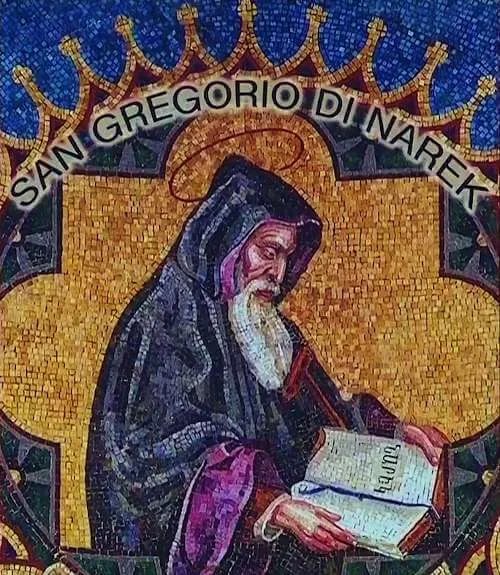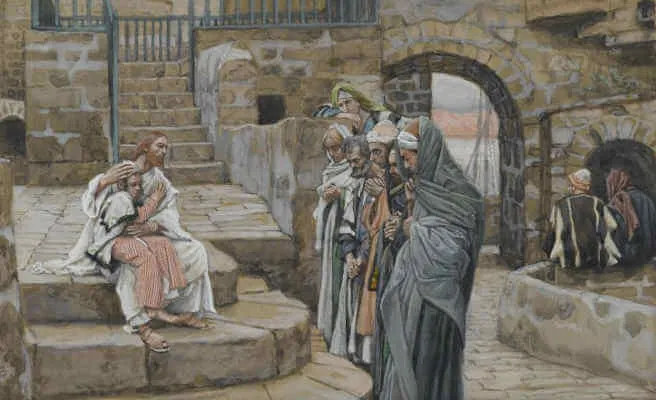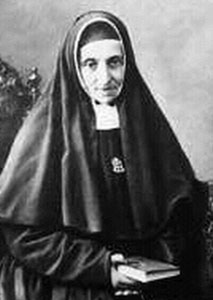Eighth Sunday in Ordinary Time
First Reading Sirach 27:4-7
When a sieve is shaken, the husks appear;
so do one’s faults when one speaks.
As the test of what the potter molds is in the furnace,
so in tribulation is the test of the just.
The fruit of a tree shows the care it has had;
so too does one’s speech disclose the bent of one’s mind.
Praise no one before he speaks,
for it is then that people are tested.
Responsorial Psalm Psalms 92:2-3, 13-14, 15-16
R (cf. 2a) Lord, it is good to give thanks to you.
It is good to give thanks to the LORD,
to sing praise to your name, Most High,
To proclaim your kindness at dawn
and your faithfulness throughout the night.
R Lord, it is good to give thanks to you.
The just one shall flourish like the palm tree,
like a cedar of Lebanon shall he grow.
They that are planted in the house of the LORD
shall flourish in the courts of our God.
R Lord, it is good to give thanks to you.
They shall bear fruit even in old age;
vigorous and sturdy shall they be,
Declaring how just is the LORD,
my rock, in whom there is no wrong.
R Lord, it is good to give thanks to you.
Second Reading 1 Corinthians 15:54-58
Brothers and sisters:
When this which is corruptible clothes itself with incorruptibility
and this which is mortal clothes itself with immortality,
then the word that is written shall come about:
Death is swallowed up in victory.
Where, O death, is your victory?
Where, O death, is your sting?
The sting of death is sin,
and the power of sin is the law.
But thanks be to God who gives us the victory
through our Lord Jesus Christ.
Therefore, my beloved brothers and sisters,
be firm, steadfast, always fully devoted to the work of the Lord,
knowing that in the Lord your labor is not in vain.
Alleluia Philippians 2:15d, 16a
R. Alleluia, alleluia.
Shine like lights in the world
as you hold on to the word of life.
R. Alleluia, alleluia.
Gospel Luke 6:39-45
Jesus told his disciples a parable,
“Can a blind person guide a blind person?
Will not both fall into a pit?
No disciple is superior to the teacher;
but when fully trained,
every disciple will be like his teacher.
Why do you notice the splinter in your brother’s eye,
but do not perceive the wooden beam in your own?
How can you say to your brother,
‘Brother, let me remove that splinter in your eye,’
when you do not even notice the wooden beam in your own eye?
You hypocrite! Remove the wooden beam from your eye first;
then you will see clearly
to remove the splinter in your brother’s eye.
“A good tree does not bear rotten fruit,
nor does a rotten tree bear good fruit.
For every tree is known by its own fruit.
For people do not pick figs from thornbushes,
nor do they gather grapes from brambles.
A good person out of the store of goodness in his heart produces good,
but an evil person out of a store of evil produces evil;
for from the fullness of the heart the mouth speaks.”
Source: https://bible.usccb.org/bible/readings/030225.cfm
Eighth Sunday in Ordinary Time Read More »


